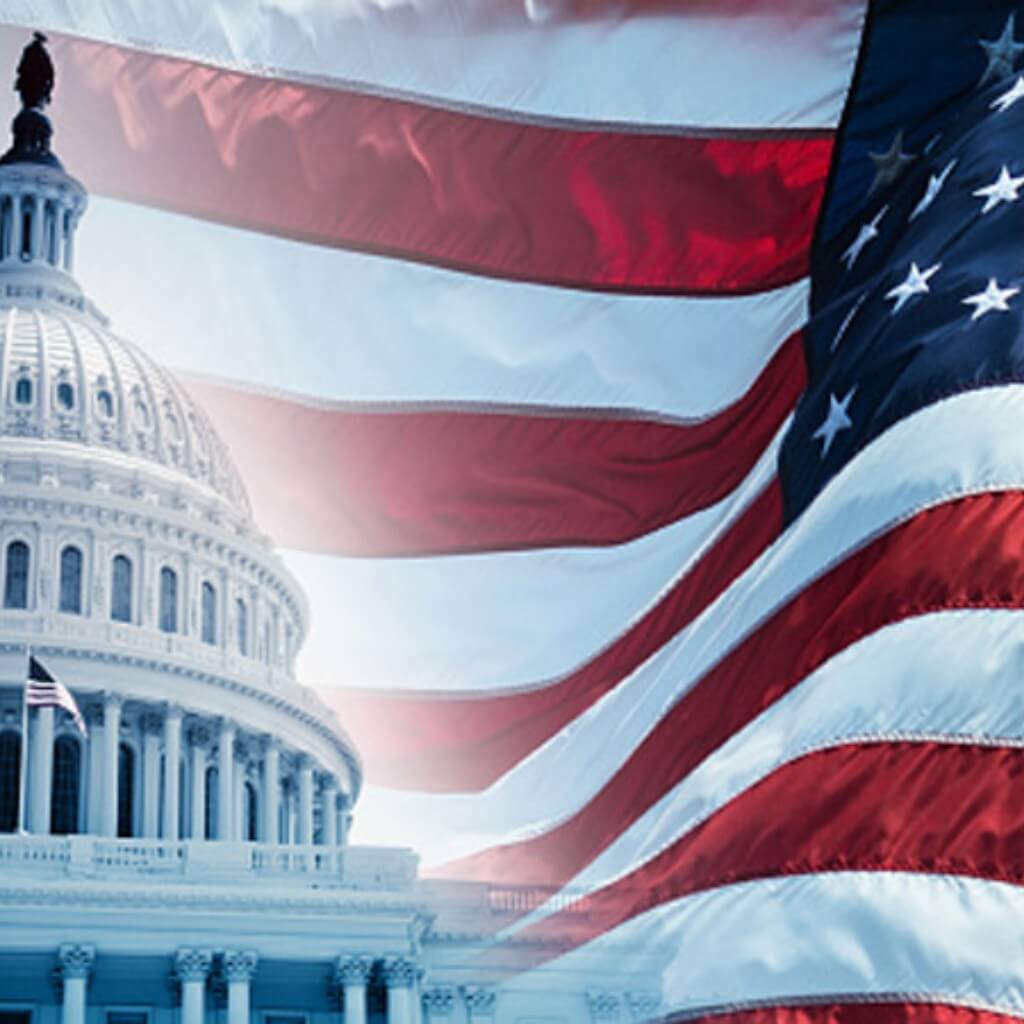For years, the U.S. operated under a seemingly clear distinction: national security was one pillar, and economic stability was another. Yet, the blurring lines between economic and national interests now challenge this compartmentalized view.
The United States is waking up to a reality that other major players, particularly China, have recognized for a long time: national security and economic security are two sides of the same coin.
The Tech Split and Its Underlying Motives
When it comes to technological prowess, China’s relentless march forward has not gone unnoticed in the West.
With the recent executive order from the White House, the U.S. has taken a decisive step to decouple from China in high-risk technological sectors like semiconductors, quantum computing, and artificial intelligence.
The reason? Simple. It’s one thing to engage in healthy competition; it’s another to inadvertently bolster the military and strategic prowess of a potential adversary.
But here’s the catch: this move isn’t just about money. If you think it’s about the billions of dollars in investments, you’re missing the bigger picture. This is about expertise and intellectual capital – the patents, data, software, and other IP.
It’s one thing to pour money into a venture, but it’s another to inadvertently transfer the very innovations that could tilt the balance of power in an increasingly bipolar world.
Let’s not kid ourselves. The drop in U.S. dollar funding for China-focused venture capital from a whopping $95bn in 2021 to a mere $14bn in 2022 wasn’t just a market hiccup. It was a deliberate recalibration. The newest executive mandate will tighten the noose even further.
The Broader Challenge: Redefining Boundaries
Now, the crux of the matter lies in determining the limits. It’s like setting up a fence in your yard – how small should the yard be and how high should the fence go? Consider technologies like artificial intelligence.
Today, AI can either revolutionize the music industry or wreak havoc on our financial systems. Where do we draw the line? As the White House wrangles with these questions, they’ve turned to stakeholders from all walks of life.
The feedback, though diverse, shows a significant alignment, especially among tech giants. However, some believe the measures might not go far enough.
But here’s another sobering thought: What if we successfully guard our technological gems and yet remain vulnerable elsewhere? Think pharmaceuticals, biotech, shipbuilding, and more.
It’s no longer about just keeping adversaries out of our tech labs. It’s about understanding the entire supply chain, knowing where potential chokepoints are, and ensuring that neither states nor corporations can hold the U.S. to ransom.
For too long, the U.S. has viewed trade merely as a tool of policy, shying away from seeing it as an integral part of national security. The Biden administration seems to signal a departure from this ‘market-knows-best’ philosophy.
They recognize the need for government intervention to strengthen our industrial base, workforce, and defense. However, the roadmap remains elusive.
There will be naysayers, of course. Critics who claim such measures only exacerbate tensions. But here’s the bitter pill we all must swallow: these realities have always been in our periphery, stark and evident.
The West operated under the illusion that economic interests could be neatly separated from security concerns. China, in contrast, viewed them as intertwined.





